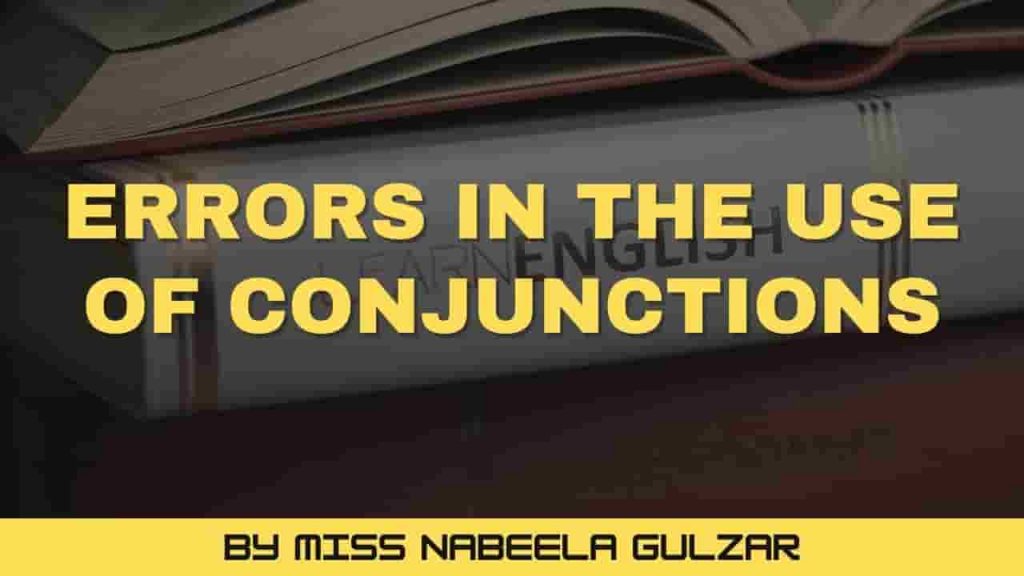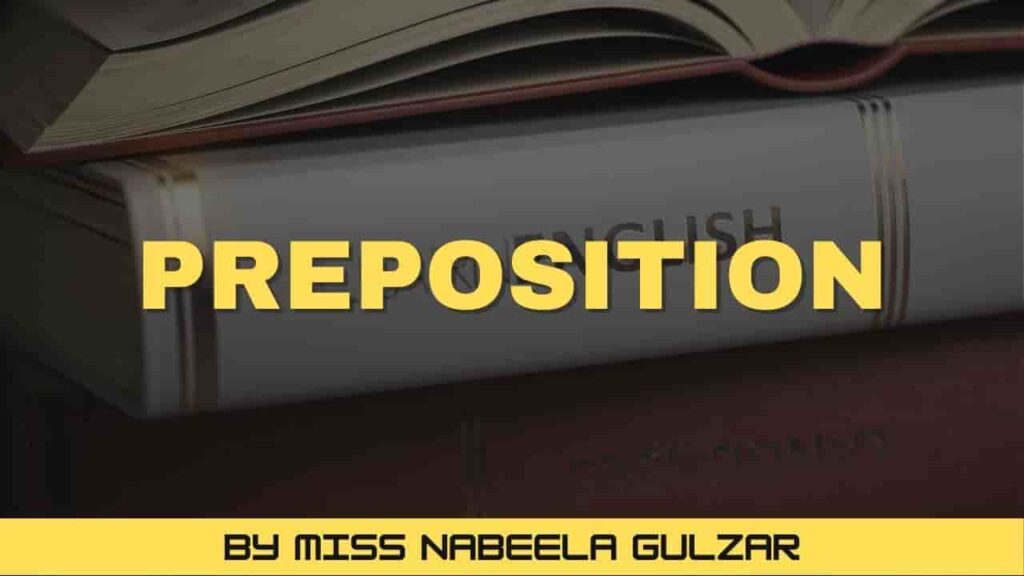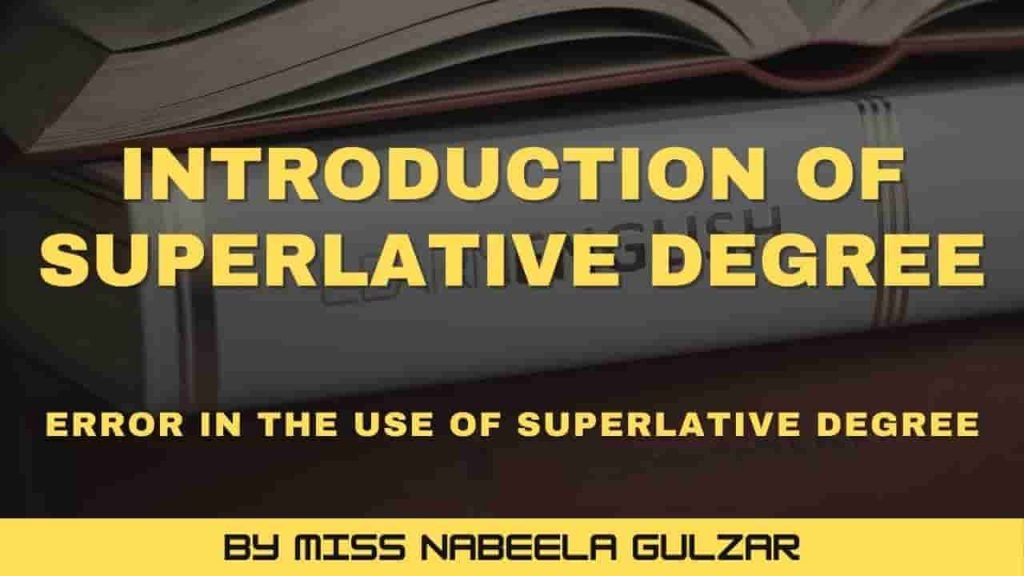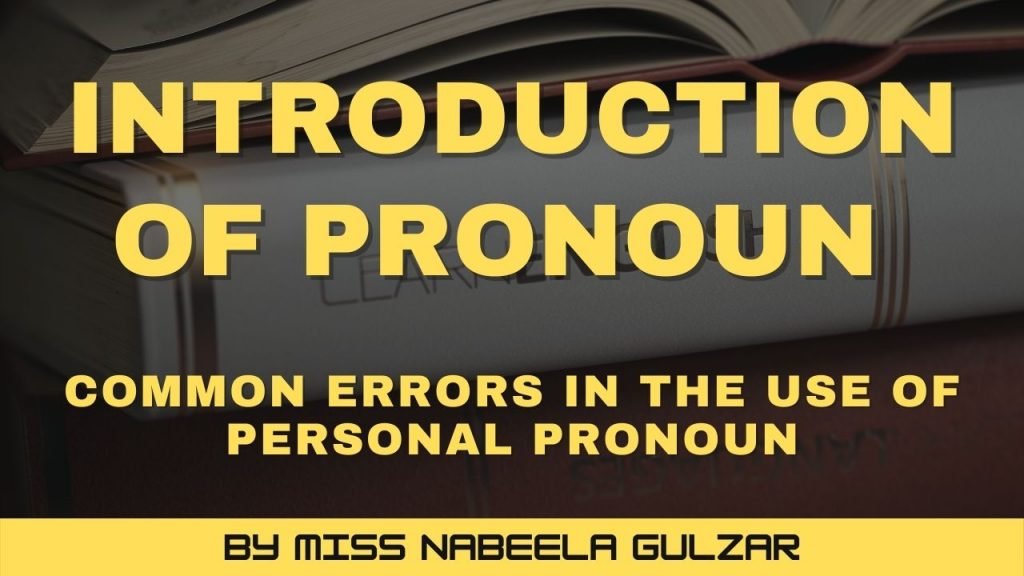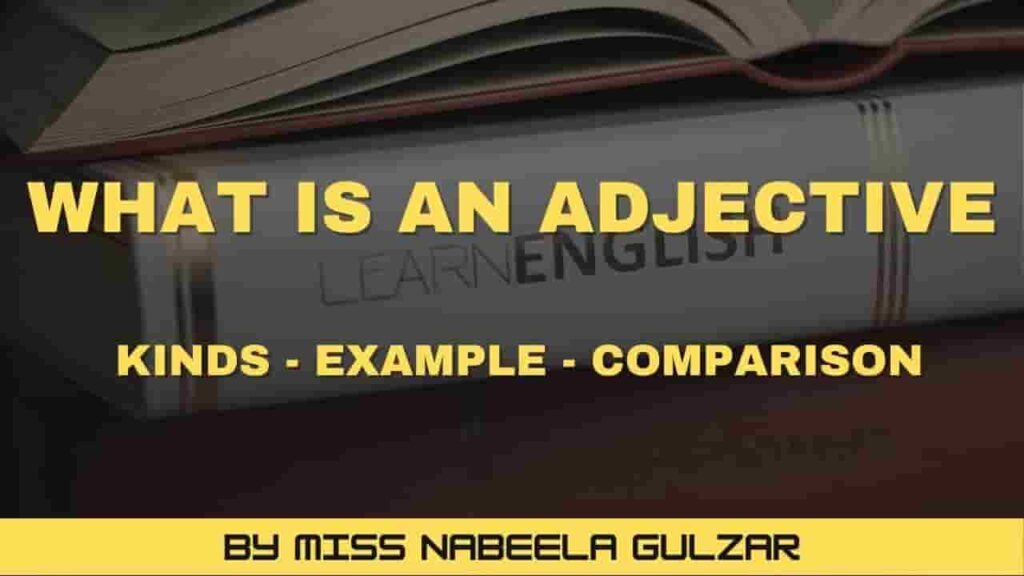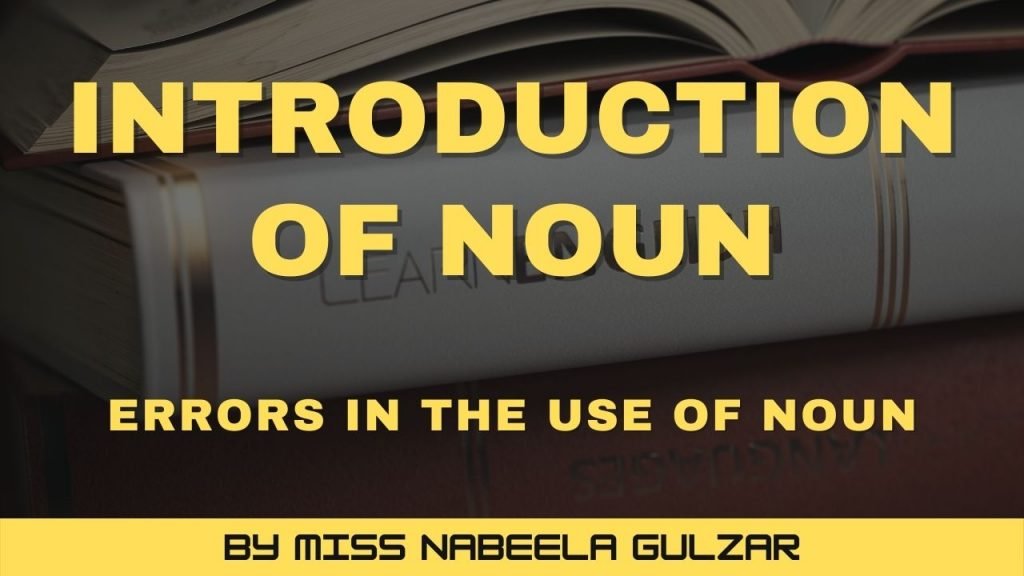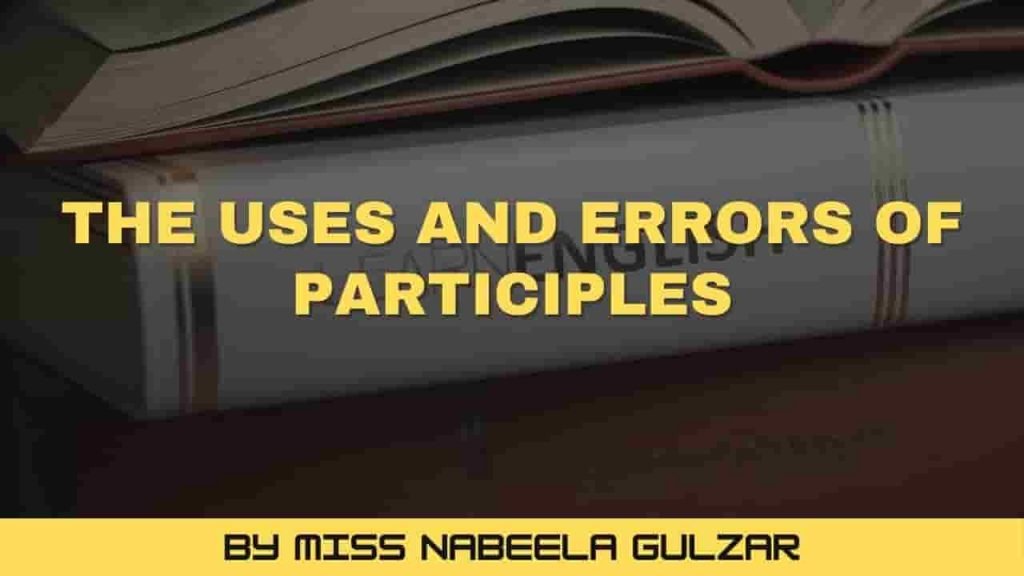Errors in the Use of Conjunctions
A conjunction is a word that is merely used to join two words, phrases, or sentences.
As well as, besides, either-or, neither-nor, still, therefore.
1. If there is ‘Though’ or ‘Although’ In the principal clause, ‘but’ is not used in the subordinate clause.
2. When ‘both’ is used in a sentence then used ‘and’ instead of ‘as well as’.
Example:
- He is both intelligent as well as hardworking. (incorrect)
- He is both intelligent and hardworking. (correct)
3. When ‘Not only’ is used in the principal clause then ‘But Also’ is used in the subordinate clause.
Example:
- Not only he is intelligent but hard working. (incorrect)
- Not only he is intelligent but also hard working. (correct)
4. Don’t use ‘not’ after ‘until, unless in the principal clause. Use ‘Not’ in subordinate clauses.
Example:
- Until he does not work, he cannot pass. (incorrect)
- Until he does work, he cannot pass. (correct)
5. Don’t use not after ‘lest’. Always use ‘should’ with ‘lest’.
Example:
- Walk slowly lest you might not fall. (incorrect)
- Walk slowly lest you should fall. (correct)
6. Always use ‘Than’ after ‘None other or No other’.
Example:
- No other but Saleem stole the book. (incorrect)
- No other than Saleem stole the book. (correct)
7. Use ‘But’ after ‘Nothing else’.
Example:
- Nothing else than wealth made him proud. (incorrect)
- Nothing else but wealth made him proud. (correct)
8. Use ‘as’ after ‘same’ and ‘such’.
Examples:
- This is the same book which I gave you. (incorrect)
- This is the same book I gave you. (correct)
- There is no such pen in the market which you demanded. (incorrect)
- There is no such pen in the market as you demanded. (correct)
9. Use ‘so’ after ‘as’ if the sentence gives a negative sense.
Example:
- He is not as rich as Saleem. (incorrect)
- He is not so rich as Saleem. (correct)
10. Use Did + 1st form of the verb after ‘No sooner’ in the principal clause, and use ‘than’ in the subordinate clause.
Example:
- No sooner had he gone, it began to rain. (incorrect)
- No sooner did he go, it began to rain. (correct)
11. Use ‘Had’ after ‘hardly’ and ‘scarcely’ in the principal clause, and the first word of the subordinate clause must be ‘when’ or ‘before’.
Example:
- Hardly did he go to college, it began to rain. (incorrect)
- Hardly had he gone to college, it began to rain. (correct)
12. The following words are interrogative, don’t use ‘that’ with them.
When, What, Why, Where, How, How far, How much, Whether, If.
Example:
- He asked me that where I lived. (incorrect)
- He asked me where I lived. (correct)
Some Common Pitfalls in the Use of Conjunctions
1. Double conjunctions should be avoided.
Examples:
- Because he is ill, therefore, he cannot come. (incorrect)
- Because he is ill, he cannot come. (correct)
- If he is hardworking, then he will pass. (incorrect)
- If he is hardworking, he will pass. (correct)
Note:
Here ‘Because’ and ‘therefore’ in the first sentence and ‘if’ and ‘then’ in the second sentence are conjunctions. The use of double conjunctions should be avoided.
2. Don’t use ‘place’ with ‘where’ and ‘reason’ with ‘why’ because both have the same meaning.
Examples:
- He asked me about the place where I lived. (incorrect)
- He asked me where I lived. (correct)
- He asked me the reason why I failed. (incorrect)
He asked me why I failed. (correct)
3. But or help is an example of double conjunction, we can use only one of them. If we have to omit ‘But’ we can use help.
Example:
- He could not help but laugh. (incorrect)
- He could not but laugh. (correct)
(help is omitted and but is used)
He could not help laughing. (correct)
(when help is used then it is followed by gerund first form+ing.)
4. The use of were or past tense after ‘as if’ and ‘as though’.
Example:
- He behaves as if he has been ill. (incorrect)
- He behaves as if he had been ill. (correct)
5. Do not use ‘that’ with interrogative words as whether, if, why, where, etc.
Example:
- I doubt that whether he will succeed. (incorrect)
- I doubt whether he will succeed. (correct)
6. Owing to: we do not use owing to directly after the verb ‘to be’ (is, am, are, was, were, etc) but with other verbs.
We also use ‘owing to’ at the beginning of the sentence.
Owing to is used before main verbs.
Examples:
- The train became late owing to lack of fuel.
- Owing to sickness, he could not attend the function.
7. Due to: due to is often used after the verb ‘to be’ (is, am, are, was, were)
Examples:
- He came late due to illness. (incorrect)
- He came late owing to illness. (correct)
- He is ill owing to the cold. (incorrect)
- He is ill due to the cold. (correct)
8. Until: used with point of time
As long as, so long as: used with a period of time.
Examples:
- Until you work hard, you will improve in your study. (incorrect)
- As long as you work hard, you will improve in your study. (correct)
- Wait here as long as five o’clock. (incorrect)
- Wait here until five o’clock. (correct)
- Until it rains, I won’t go. (incorrect)
- As long as the sun shines, I won’t go outside. (correct)
9. Since indicates reason and when indicates time.
Example:
- When you say so, I trust you. (incorrect)
- Since you say so, I trust you. (correct)
10. Use provided that instead of providing that.
Example:
- I shall help providing that you carry out my instructions. (incorrect)
- I shall help provided that you carry out my instructions. (correct)
Hopefully, your concept about Errors in the Use of Conjunctions is clear now, This lecture is part of the whole series of English Grammar by Miss Nabila Gulzar, For Other Lectures Click Here also We have an Essay on every topic, Check the complete list here. If you are Studying in Matric Free Video Lectures of Maths, Physics and English are here, and we have got you covered for I.COM Business Maths also.

